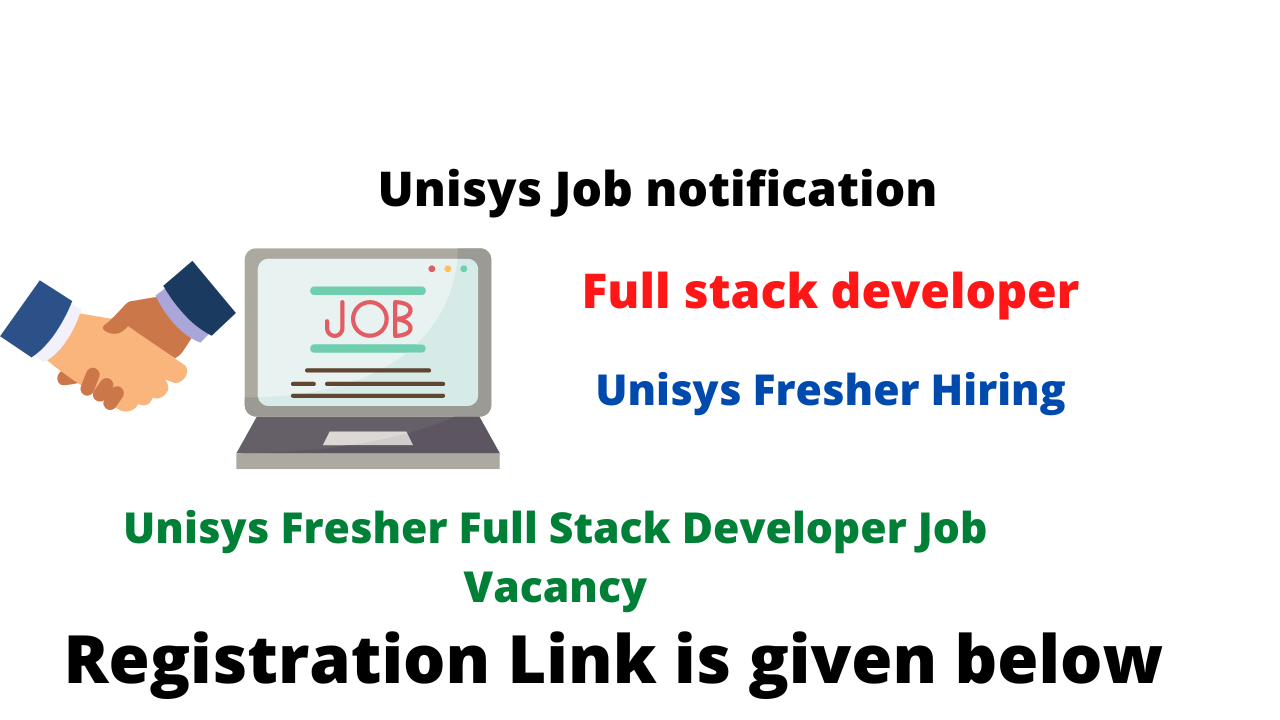
When choosing an investment advisor, there are several factors you should consider. This article will cover Fiduciary obligation, conflicts of interest and hourly rates. You should ensure that your investment advisor complies with the regulations. Your advisor should register with the Securities and Exchange Commission of the State Securities Agency.
Fiduciary responsibility
Fiduciary duties require investment advisors to act in client's best interest and to disclose material facts to avoid conflicts. A breach of fiduciary duty can result in financial liability and civil liability. Excessive trading, improper margin trading and false representations regarding securities are all examples of violations of fiduciary obligation.
Fiduciary duty demands that investment advisors act in client's best interest, keeping their client's interests at forefront of all decisions. This means that they must ensure that the advice they give is appropriate for the client's needs. To do so, the advisor needs to know enough about the customer’s financial situation. Fiduciaries generally decide what is in the client's best interests, then discuss it with the client.
Conflicts of interest
Potential conflicts of interest should be disclosed by investment advisers to clients. The disclosure must detail the nature of the conflict and the management. It also should include how the adviser will mitigate it. This information must be made public at the time of an initial recommendation and whenever the adviser recommends that an investor keep an investment. Depends on the circumstances of the relationship between adviser and client, whether or not an adviser has conflict of interest will depend on what they are doing.

Conflict of interest refers to a situation in which the financial interests of both the client and the investment advisor are not aligned. For example, an investment professional could have a financial incentive sell a specific security. The advisor gets a commission when an investor purchases the security. As a result, advisors will tend to seek out those investments that will generate the highest commissions.
Hourly rates
Investment advisors may charge flat fees, hourly rates or other fees for their time with clients. These fees are often disclosed upfront. Before paying, clients are advised to ask for a bill. Hourly rates can also vary depending on experience and specialization. Expert advisors may charge more than less experienced ones.
Investment advice firms are familiar with the hourly rate structure. When the service is one-time, the hourly fee is affordable. If you require ongoing management, a flat fee or a percentage may be better.
Retainer fees
While the cost of commission-based financial advisors may be attractive, they are not a wise choice for every client. Such advisors are salespeople, and they earn commissions on sales of clients' financial product. These products might include mutual funds and stocks as well as insurance. Retainer-based advisors do not charge commissions and can be more transparent.
The main benefit of retainer-based financial planning is that conflicts of interest are avoided. The advisor receives a percentage (or two percent) of the client's portfolio value. If a client has a portfolio worth $500,000, the advisor would be paid $5,000 to $10,000 annually. This type arrangement is not recommended as it could lead to conflicts of interest. A few retainer-based financial professionals also make ancillary revenue from the implementation and maintenance of clients' investment plans.

Choosing an investment advisor
It is one of your most important financial decisions. It is important that you only choose an accredited and registered advisor who has a track record for success and offers a range of investment products as well as advice. A member of the Investment Industry Regulatory Organization of Canada is a must. This organization regulates all Canadian investment dealers and monitors compliance.
There are many different types of advisors. There are many types of advisors. The right one for you will depend on what your goals are. A strong relationship with an advisor is key to building trust and transparency. Past successes won't necessarily guarantee future results. Look for someone who communicates with their clients regularly and focuses on long-term goals rather than just making short-term decisions based on emotions.
FAQ
What happens after the consultant completes the job?
After the consultant finishes the work, s/he will send a final report outlining the results. This report will include project timelines and deliverables as well as any other relevant information.
The report will be reviewed and you can decide if the consultant met all your expectations. If not, you can either request changes or terminate the contract.
What can I anticipate from my consultant
You should hear back from your chosen consultant within a few days. They will typically ask for information about the company, such as its mission, goals. products and services. budget. After receiving this information, they will prepare a proposal outlining their scope of work, estimated timeline, fees, deliverables and milestones.
If everything looks good, then the two parties will negotiate a written contract. The type and content of the contract will vary depending on whether the relationship is employer-employee/employer-independent contractor.
If all goes according to plan, the consultant will begin working immediately. The consultant will have access your internal documents and resources. Additionally, you'll have access their skills and knowledge.
Don't assume that someone who is a consultant knows everything. It takes practice, effort and practice in order to be an expert in any area you consult. You shouldn't expect your consultant will know everything you need to know about your business.
What qualifications do you require to become a Consultant?
Not only is it important to have an MBA but you should also have business consulting experience. At least two years experience in training and/or consulting for major companies is required.
Your experience in strategy development projects requires that you work closely with senior managers. This would require you to be comfortable with presenting ideas and getting buy in from clients.
A professional qualification exam like the Certified Management Consultant (CMC), Chartered Management Institute, is required.
How do I choose the right consultant?
There are three key factors to be aware of:
-
Experience - How much experience does this consultant have? Is she an expert, beginner, intermediate or advanced consultant? Does her resume demonstrate that she has the required skills and knowledge
-
Education - What did this person study in school? Did he/she continue to take relevant courses after graduation? Is there evidence that he/she learned from the writing style?
-
Personality - Are we attracted to this person? Would we like him/her to work with us?
-
These questions can help you determine whether the consultant is right for your needs. If the answers to these questions are unclear, it might be worth a first interview to get more information about the candidate.
What types of contracts exist for consultants?
Most consultants sign standard employment agreements when hired. These agreements outline how long the consultant will work for the client, what he/she will get paid, and other important details.
Contracts also specify which areas of expertise the consultant will focus on and how the consultant will be compensated. A contract may state that the consultant will deliver training sessions or workshops, webinars, seminars and other services.
Sometimes, the consultant agrees to do certain tasks within a given time frame.
Many consultants also sign independent contractor agreement in addition and standard employment agreements. These agreements allow the consultant to work independently but still receive payment for his/her efforts.
What industries use consultants
There are many different types of consultants. Some are specialists in one type or another of business.
Some consultants work exclusively for private businesses, while others represent large corporations.
Some consultants can also help businesses all around the globe.
Statistics
- 67% of consultants start their consulting businesses after quitting their jobs, while 33% start while they're still at their jobs. (consultingsuccess.com)
- WHY choose me: Why your ideal client should choose you (ex: 10 years of experience and 6-week program has helped over 20 clients boost their sales by an average of 33% in 6 months). (consultingsuccess.com)
- Over 50% of consultants get their first consulting client through a referral from their network. (consultingsuccess.com)
- On average, your program increases the sales team's performance by 33%. (consultingsuccess.com)
- According to statistics from the ONS, the UK has around 300,000 consultants, of which around 63,000 professionals work as management consultants. (consultancy.uk)
External Links
How To
What is a typical day for a consultant?
A typical day will vary depending on the type of work you are undertaking. You'll spend your time researching new ideas and meeting clients.
You will often have meetings where you discuss issues and problems with clients. These meetings may be over the phone via email, on-line, or face-to–face.
Also, proposals are documents that outline your ideas or plans for clients. You will need to discuss these proposals with a mentor or colleague before you present them to clients.
After all the planning and preparation, you will have to produce some content. You might be creating articles, videos, editing photos, writing interviews, or designing websites.
Depending on the scope of the project, you may need to do some research in order to gather relevant statistics or figures. It may be necessary to know how many customers are currently using your products or services.
Once you have collected enough information, it's now time to present the findings to your clients. You can present your findings verbally or in writing.
After your initial consultation, you should follow up with your clients. For example, you might call them periodically to see how things are going or send emails asking them to confirm that they received your proposal.
Although this process can take time, it is important to stay focused and build good relationships with your clients.